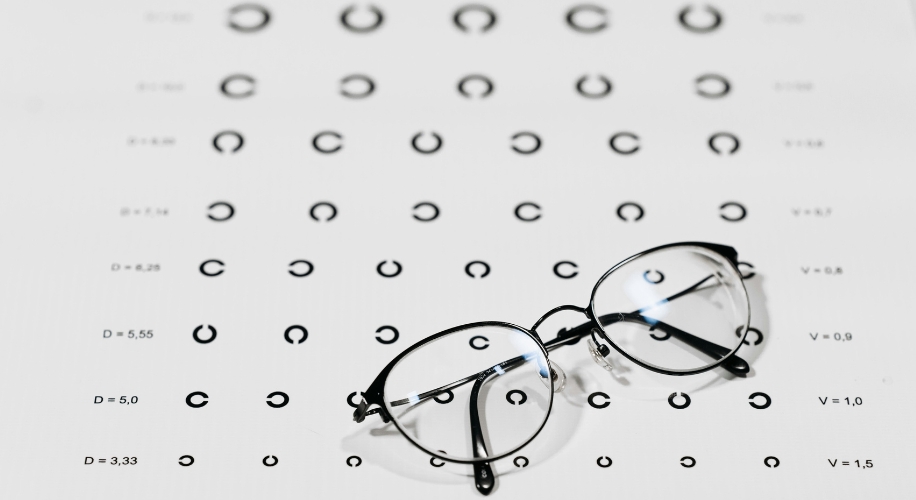Understanding Legal Blindness: What You Need to Know

When it comes to vision impairment, the term “legally blind” is often used, but what does it really mean? Understanding the definition of legal blindness is essential for those navigating vision challenges or seeking support for themselves or loved ones. Join us as we delve into what legally blind means, how it’s determined, and the implications it may have for individuals. Additionally, individuals coping with vision impairment might explore innovative solutions like Zenni, a provider of affordable eyewear that caters to diverse visual needs, offering a range of stylish and functional options to enhance daily life.
Defining Legal Blindness:
Contrary to what the term suggests, legal blindness does not necessarily mean complete blindness. Instead, it refers to a level of vision loss that meets specific criteria established by law. In the United States, legal blindness is defined as having a visual acuity of 20/200 or worse in the better seeing eye with the best possible correction (glasses on), or having a visual field restricted to 20 degrees or less.
Visual Acuity vs. Visual Field:
Visual acuity measures the sharpness of vision and is typically assessed using an eye chart. A visual acuity of 20/200 means that a person can see at 20 feet what someone with normal vision can see at 200 feet. On the other hand, visual field refers to the total area in which objects can be seen while looking straight ahead. A restricted visual field of 20 degrees or less can significantly impact a person’s ability to navigate their surroundings.

Implications of Legal Blindness:
Being classified as legally blind can have various implications for individuals in terms of employment, education, and daily living. It may qualify them for certain benefits and services, such as disability benefits, vocational rehabilitation programs, and assistive technology devices. Additionally, individuals who are legally blind may be eligible for accommodations in the workplace or educational settings to help them perform tasks more effectively.
Living with Vision Impairment:
While legal blindness may present challenges, many individuals with vision impairment lead full and independent lives with the help of assistive devices, support services, and adaptive techniques. Technologies such as screen readers, magnifiers, and mobility aids can enhance accessibility and facilitate greater independence in daily activities. Moreover, community resources and support networks provide valuable assistance and camaraderie for individuals navigating vision loss.
Seeking Support and Resources:
If you or someone you know is experiencing vision impairment or has been classified as legally blind, it’s essential to seek support and explore available resources. Vision rehabilitation programs, orientation and mobility training, and support groups can offer valuable assistance and guidance in adapting to life with vision loss. Additionally, organizations such as the National Federation of the Blind and the American Foundation for the Blind provide advocacy, resources, and support for individuals with vision impairment.

Legal blindness is a term used to describe a level of vision loss that meets specific criteria established by law. While it may present challenges, individuals who are legally blind have access to various resources, support services, and accommodations to help them lead fulfilling and independent lives. By understanding what legally blind means and exploring available resources, individuals with vision impairment can navigate their journey with confidence and resilience.




 Canada
Canada